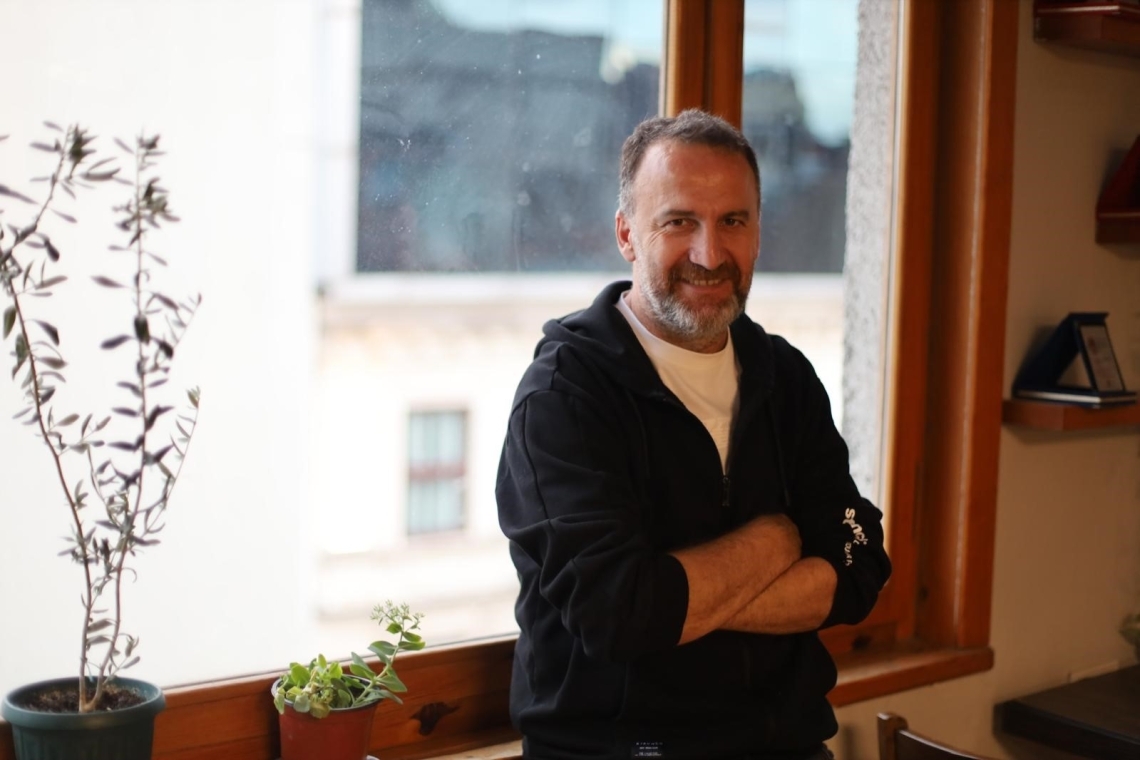AZİZ ORUÇ
Fırat Can, a columnist for Yeni Yaşam newspaper, has condemned the censorship of his October 7 article titled “World War III, chaos in the Middle East, and the way out,” after access to the piece was blocked and the print edition of the newspaper was ordered to be confiscated. The decision to block access to the article, published both online and in print, was made by Turkey's Information and Communication Technologies Authority (BTK). However, no explanation was provided to the newspaper regarding the reasons behind the censorship.
Reacting to the decision, Can criticized the ban, calling it "an unlawful step aimed at silencing not only me but also the entire press and freedom of thought." His article, he explained, offered a candid analysis of imperialist interventions in the Middle East, the suffering of the region's people, their struggles for freedom, and proposed solutions for peace. "The banning of this article is a direct attack on freedom of expression," he added.
Can emphasized that he would not be deterred by the censorship, stating: "The ban shows how fearful the authorities are of voices that criticize and speak the truth. Their aim is to prevent the public from confronting reality. The fear of those who benefit from war and chaos is that people may come together in solidarity and seek real solutions. This ban targets that very perspective. I will not compromise my stance against this unlawful decision and will continue my fight against any attempt to suppress free speech."
Censorship and pressure on independent media
Yeni Yaşam journalist Ahmet Güneş also commented on the increasing pressures faced by the free press in Turkey, particularly in recent days, which have seen operations targeting employees of independent media outlets. "We reject these attempts to silence us," Güneş said. "Our access to readers is being arbitrarily blocked, and the government is trying to impose censorship and self-censorship on us. But as we have said before, journalism is not a crime, and we will continue to stand by that statement."
Both Can and Güneş highlighted the growing challenges for independent journalism in Turkey, where critical reporting and dissenting voices frequently face legal obstacles, including censorship and lawsuits. Despite these challenges, they remain committed to their work, vowing to resist government efforts to stifle press freedom.
This incident is part of a broader trend of media suppression in Turkey, where authorities have intensified their control over the press, particularly in cases involving political criticism, sensitive geopolitical issues, and reports on government actions in the Kurdish regions.



